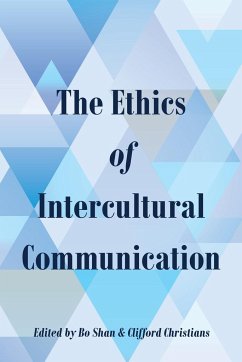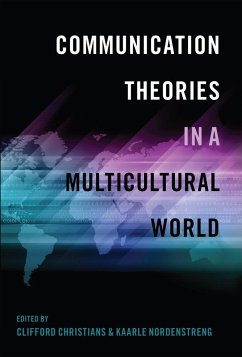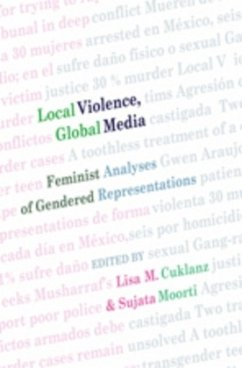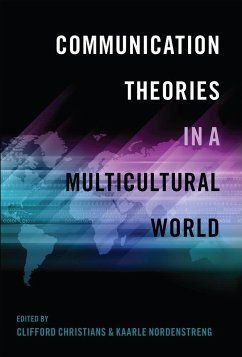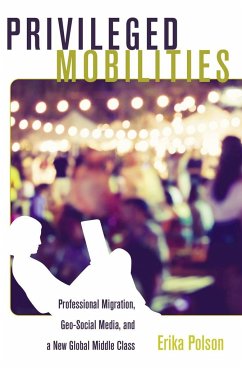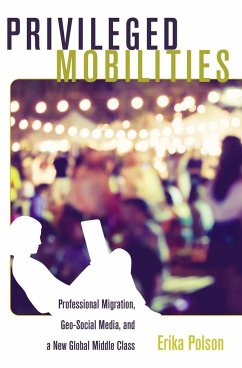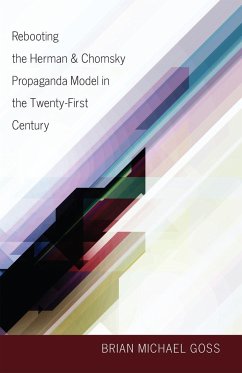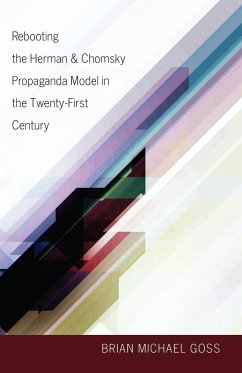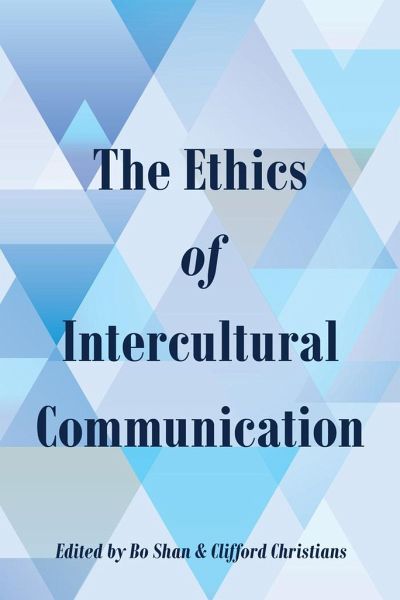
The Ethics of Intercultural Communication
Versandkostenfrei!
Versandfertig in 6-10 Tagen
176,60 €
inkl. MwSt.
Weitere Ausgaben:

PAYBACK Punkte
0 °P sammeln!
The revolution in media technologies and the political upheavals intertwined with them demand a new media ethics. Given the power of global media corporations and the high-speed electronics of media technologies worldwide, more and more people are either brought together through dialogue and communication technologies or assimilated by them into a dominant culture. In cultural conflict all over the world, people tend to emphasize absolute differences when they express themselves, and under conditions of censorship and oppression citizens are increasingly prone to violence. To take seriously dr...
The revolution in media technologies and the political upheavals intertwined with them demand a new media ethics. Given the power of global media corporations and the high-speed electronics of media technologies worldwide, more and more people are either brought together through dialogue and communication technologies or assimilated by them into a dominant culture. In cultural conflict all over the world, people tend to emphasize absolute differences when they express themselves, and under conditions of censorship and oppression citizens are increasingly prone to violence. To take seriously dramatic technological changes in a complicated world of cultural diversity, media ethics does not simply need to be updated but moved forward in a new intercultural direction. The Ethics of Intercultural Communication presents a futuristic model for doing so.
Focusing on Oriental and Western cultures, the book's key case studies are China, North America, and Europe, where intercultural issues are relevant to an increasingly borderless world. Chapters focusing on a single nation or culture analyze findings from a cross-cultural perspective. Comparative studies appeal to transnational theories and norms.
Multi-ethnic voices in any community are increasingly understood as essential for a healthy society, and the media's ability to represent these voices well is an important arena for professional development and for enriching media codes of ethics. The news media are responsible for mapping the profound changes taking place and this book teaches us how.
Focusing on Oriental and Western cultures, the book's key case studies are China, North America, and Europe, where intercultural issues are relevant to an increasingly borderless world. Chapters focusing on a single nation or culture analyze findings from a cross-cultural perspective. Comparative studies appeal to transnational theories and norms.
Multi-ethnic voices in any community are increasingly understood as essential for a healthy society, and the media's ability to represent these voices well is an important arena for professional development and for enriching media codes of ethics. The news media are responsible for mapping the profound changes taking place and this book teaches us how.




